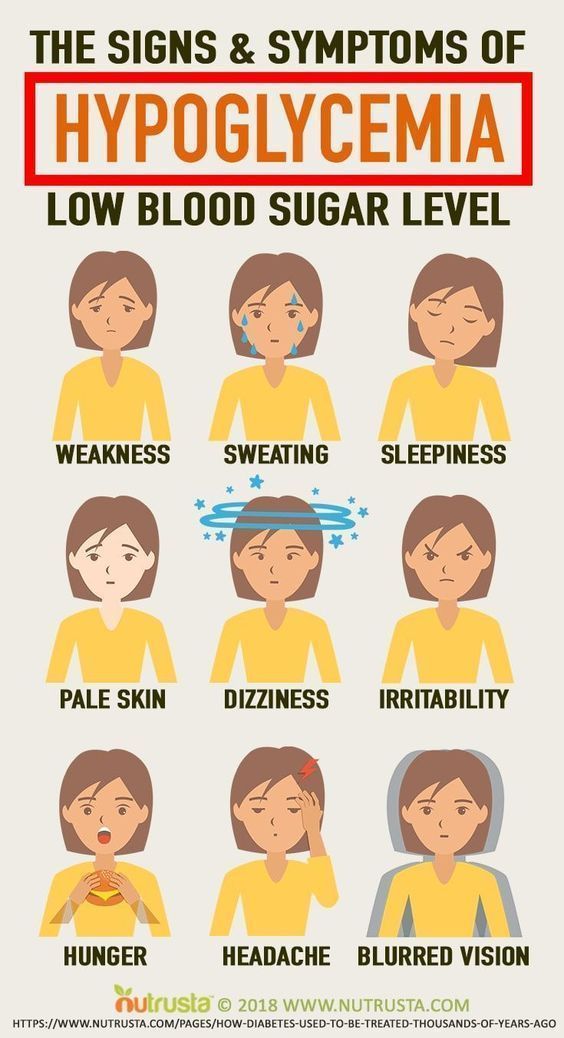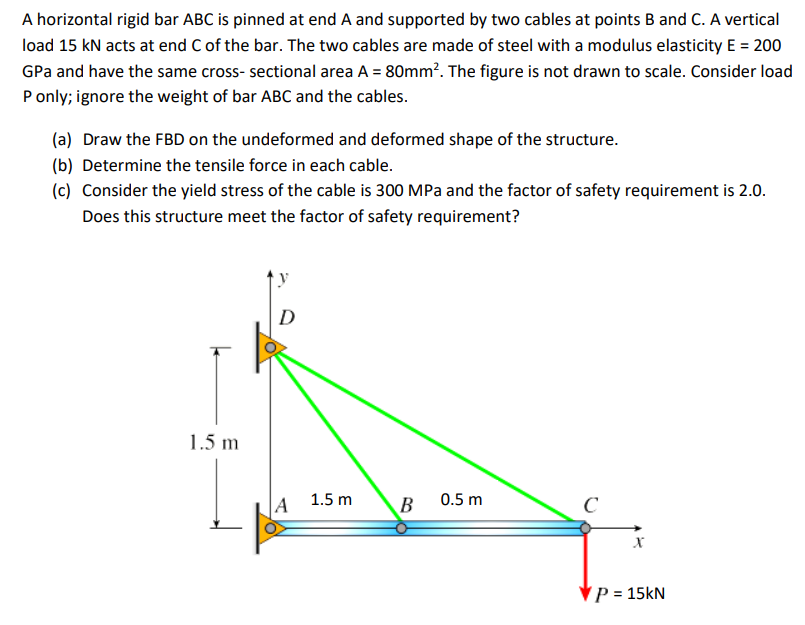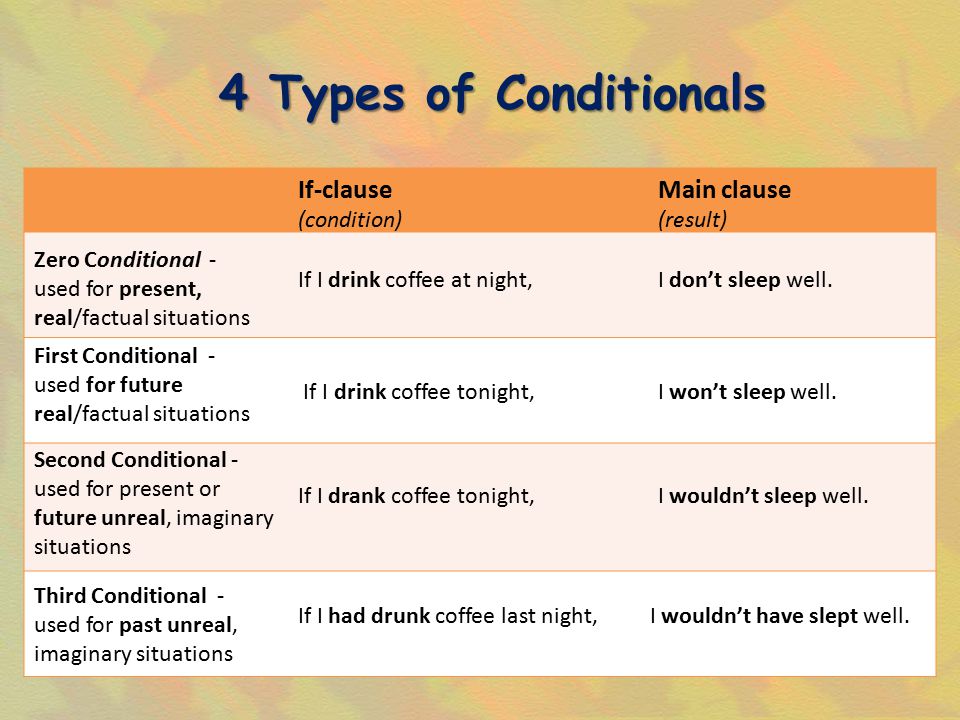Symptoms of empath
What is an empath?
Empaths are people who have a higher level of empathy than others. Empathy helps people share experiences, needs, and desires, which, in turn, can help build relationships.
This article will discuss what an empath is, the signs of being an empath, and its benefits and difficulties.
Empathy is an emotion or state of being that allows one person to connect emotionally and cognitively with another person.
Specifically, it refers to being able to “put oneself in someone else’s shoes” to better understand their feelings or experiences. This can help build relationships, whether those relationships are personal or professional.
An empath is someone who feels more empathy than the average person. These people are usually more accurate in recognizing emotions by looking at another person’s face. They are also more likely to recognize emotions earlier than other people and rate those emotions as being more intense.
People who score highly on the empathetic concern and perspective-taking scale on the interpersonal reactivity index are more likely to be highly empathetic.
There are several signs that someone is an empath, and researchers have found some scientific explanations for these traits. The following sections will look at these in more detail.
Unconsciously mirroring another person’s movements
People who are highly empathetic may unconsciously mirror other people’s movements. MRI scans have shown that there is a neural relay mechanism in the brain that allows empaths to mimic the postures, mannerisms, and facial expressions of others.
Interestingly, this mimicry also applies to tiny movements. If an empath sees a needle pricking another person’s hand, the empath’s brain may react as if it were their hand, activating the same motor and sensory areas.
Unconsciously mirroring another person’s emotions
Similarly to unconsciously mirroring another person’s movements, empaths are also more likely to unconsciously mirror another person’s emotions.
MRI scans have shown that when a highly empathetic individual observes another person who is experiencing a range of emotions, the empath’s brain fires off the same neural circuits, making the empath feel what the other person is feeling.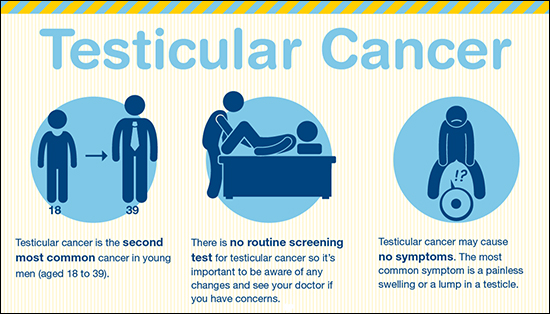
Feeling another person’s pain
One small study found that highly empathetic people reported feeling an electric shock that researchers gave to other people.
The researchers gave 16 women an electric shock while they were hooked up to a brain imaging machine. This machine showed which areas of their brains activated when in pain.
After this, the researchers told the women that their spouses also received an electric shock while in another room. The women’s brains used similar areas as when the researchers shocked them, causing the women some pain.
This study suggests that people who are highly empathetic may be able to physically feel another person’s pain, to some extent. However, this study was very small, so scientists will need to conduct more research.
Being quicker and more accurate at recognizing emotions
People who have higher empathy are generally quicker at recognizing emotions, especially threatening facial expressions, than people who do not have as much empathy.
This quicker reaction also comes with a more accurate assessment of a person’s facial expressions, with highly empathetic people more likely to accurately recognize threatening, happy, or neutral expressions than others.
Being more likely to try new things
People who have high empathy traits are more likely to try new activities and approach new situations if they see another person enjoying themselves.
Conversely, highly empathetic individuals are less likely to try new activities or situations if they see that another person is upset or shows signs of distress.
Being more likely to help people in distress
Certain areas of the brain are more likely to “code” responses to positive and negative reactions.
The brains of people with high empathy are more likely to code the correct responses toward positive reactions, such as empathizing with a person who received money, and toward negative reactions, such as feeling tender toward those in distress.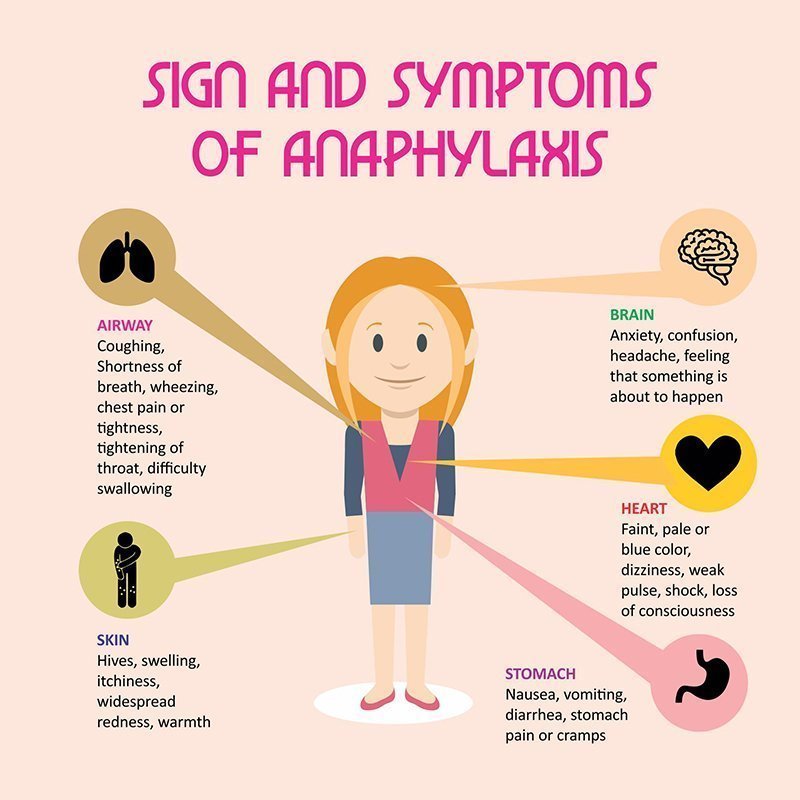
These brain responses may make it more likely that a person chooses to avoid causing another person harm, for example.
Being less likely to display aggression
People who have high empathy may have an amygdala that is more responsive to distress signals than others. The amygdala responds to fear, sadness, and pain.
A person who is empathetic may be less likely to be aggressive toward a person displaying these emotions due to their amygdala’s response.
The main benefit of being an empath is having the ability to promote a more harmonious community, especially in interpersonal relationships, such as within family and friendship circles. Having high empathy allows people to help reduce other people’s distress and aggression.
Empathy also helps maintain social bonds, which, in turn, helps reduce loneliness and other emotions or states of being that may have adverse health effects.
People with high empathy may be more likely to maintain these bonds, as they are more capable of feeling, understanding, and wanting to help people who are experiencing difficulties.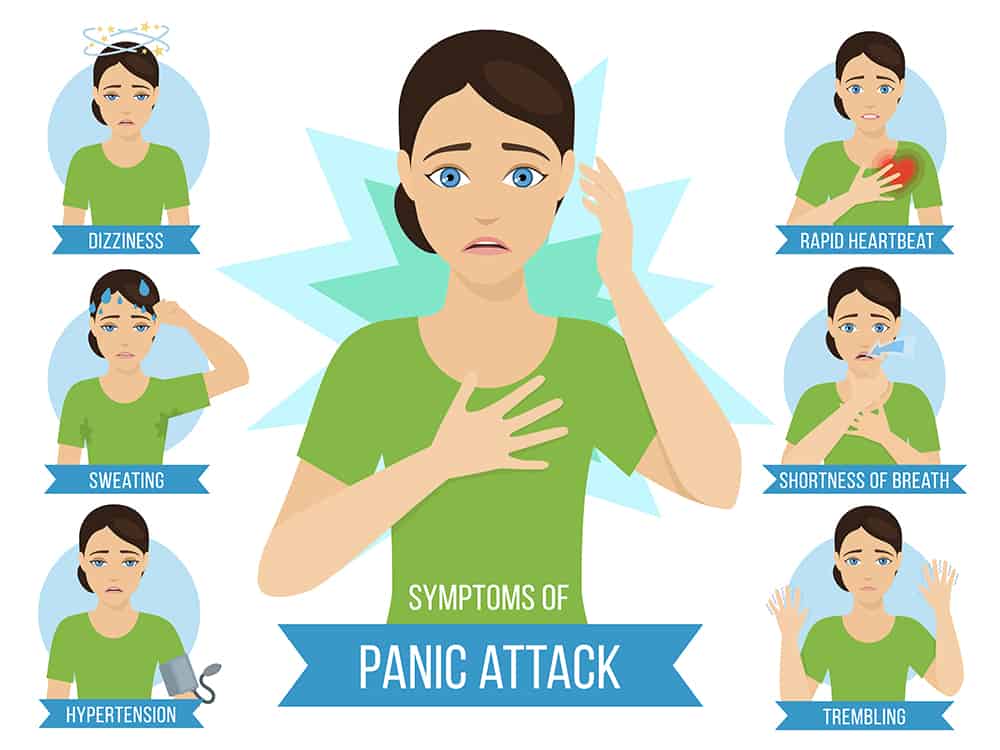
Some people who have high empathy may also feel compassion satisfaction, wherein helping people experiencing negative emotions or situations provides positive feedback. By helping other people, an empath might feel happier than if they did not help that person.
There are some difficulties that come with being highly empathetic. For example, if an individual is highly empathetic and other people come to them for advice, this oversharing of negative emotions may be harmful to the empath.
Empaths may also feel burnout, leading to a temporary loss of empathy and compassion, if they find it difficult to sort through their own emotions as well as those of other people.
Empaths may feel sad, exhausted, or inadequate when faced with another person’s negative emotions, especially if they feel that they cannot help. Therefore, it is important for an empath to take a step back and take time for themselves to help prevent burnout.
Empathy is an important trait. People with high empathy, or empaths, are more likely to feel, recognize, and mirror another person’s emotions or movements.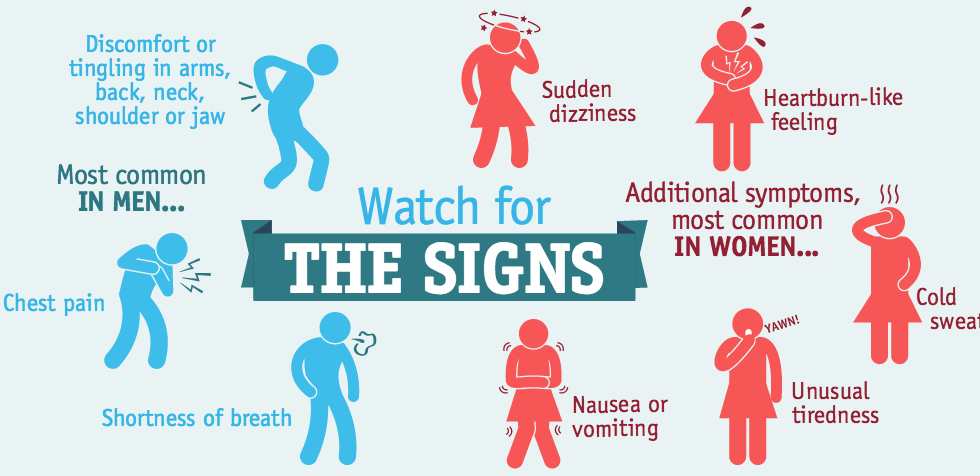
This mirroring can be both beneficial and disadvantageous, so it is important for empaths to take time for themselves as well as helping others.
What Is An Empath? 15 Signs and Traits
We include products we think are useful for our readers. If you buy through links on this page, we may earn a small commission Here’s our process.
Healthline only shows you brands and products that we stand behind.
Our team thoroughly researches and evaluates the recommendations we make on our site. To establish that the product manufacturers addressed safety and efficacy standards, we:
- Evaluate ingredients and composition: Do they have the potential to cause harm?
- Fact-check all health claims: Do they align with the current body of scientific evidence?
- Assess the brand: Does it operate with integrity and adhere to industry best practices?
We do the research so you can find trusted products for your health and wellness.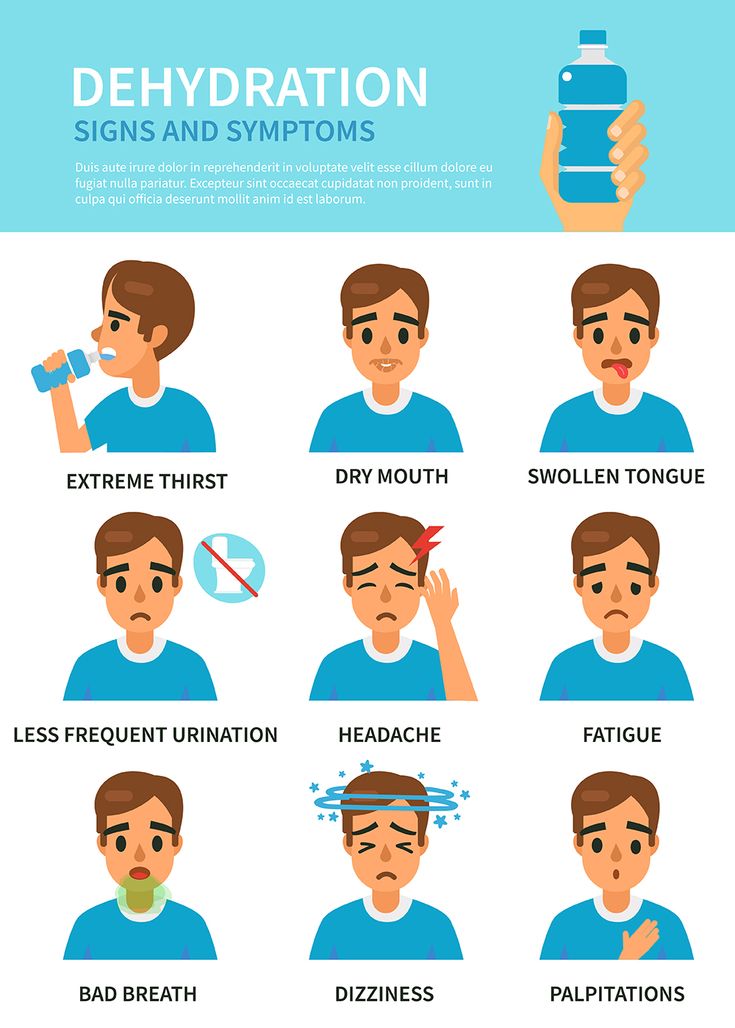
Was this helpful?
You may be an empathic person if you have a lot of empathy for others and good intuition but have difficulty setting boundaries. You also may be highly sensitive, overly aware of others’ feelings, or experience sensory discomfort.
Do you often feel deeply tuned in to the feelings of people around you? Do crowds make you uncomfortable? Would you (or the people closest to you) describe yourself as a sensitive person?
If so, you may be an empath.
Dr. Judith Orloff, a pioneer in the field, describes empaths as those who absorb the world’s joys and stresses like “emotional sponges.”
In her book “The Empath’s Survival Guide: Life Strategies for Sensitive People,” she suggests empaths lack the filters most people use to protect themselves from excessive stimulation and can’t help but take in surrounding emotions and energies, whether they’re good, bad, or something in between.
Kim Egel, a San Diego-based therapist, expands this further: “Empaths have a higher sensitivity to outside stimuli such as sounds, big personalities, and hectic environments. They bring a lot of heart and care to the world and feel things very deeply.”
They bring a lot of heart and care to the world and feel things very deeply.”
Sound familiar? Here are 15 other signs you might be an empath, along with tips for dealing with being one.
The term empath comes from empathy, which is the ability to understand the experiences and feelings of others outside of your own perspective.
Say your friend just lost their dog of 15 years. Empathy is what allows you to understand the level of pain she’s going through, even if you’ve never lost a beloved pet.
But as an empath, you take things a step further. You actually sense and feel emotions as if they’re part of your own experience. In other words, someone else’s pain and happiness become your pain and happiness.
Empaths often find frequent close contact difficult, which can make romantic relationships challenging.
You want to connect and develop a lasting partnership. But spending too much time with someone leads to stress, overwhelm, or worries about losing yourself in the relationship.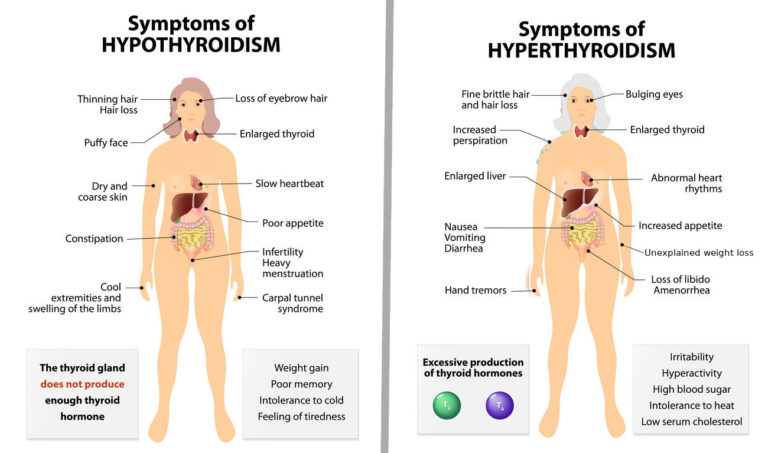
You might also notice sensory overload or a “frayed nerves” feeling from too much talking or touching. But when you try to express your need for time alone, you absorb your partner’s hurt feelings and feel even more distressed.
Ever felt like you have a strong gut reaction to things that feel a bit off? Maybe you pick up on dishonesty easily or just know when something seems like a good (or bad) idea.
This may be your empath trait at work.
Empaths tend to be able to pick up on subtle cues that provide insight on the thoughts of others, suggests Barrie Sueskind, a therapist in Los Angeles who specializes in relationships. “An empath’s intuition often tells them whether someone is being truthful or not,” she says.
As an empath, you might put a lot of faith in your instincts when making decisions. Although others might consider you impulsive, you’re actually trusting your intuition to guide you to the choice that feels right for you.
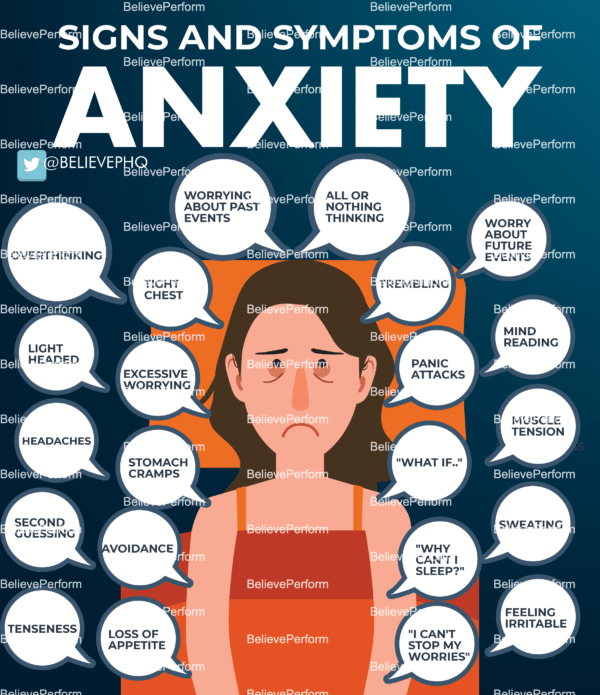
Anyone can benefit from spending time in natural settings. But empaths may feel even more drawn to nature and remote areas, since natural environments provide a calming space to rest from overwhelming sensations, sounds, and emotions.
You might feel completely at peace when hiking alone in a sunlit forest or watching waves crash against the shore. Even a quiet walk through a garden or an hour sitting under trees may lift your spirits, soothe overstimulation, and help you relax.
According to Sueskind, empaths can absorb positive and negative energy just by being in someone’s presence. In crowded or busy places, this sensitivity may seem magnified to the point of being almost unbearable.
Egel agrees, adding that “empaths can be easily overwhelmed by feeling everything more intensely.” If you can easily sense how others feel, you’ll likely have a hard time handling the emotional “noise” from a crowd, or even a smaller group of people, for an extended period of time.
When you’re picking up on negative emotions, energy, or even physical distress from people around you, you might become overwhelmed or physically unwell. As a result, you may feel most comfortable on your own or in the company of just a few people at a time.
An empath doesn’t just feel for someone — they feel with someone.
Taking in others’ emotions so deeply can make you want to do something about them. “Empaths want to help,” Sueskind says. “But this isn’t always possible, which can disappoint an empath.”
You may find it difficult to watch someone struggle and act on your natural inclination to help ease their distress, even if that means absorbing it yourself.
Caring about the suffering of others isn’t a bad thing, but your concern for another’s difficulties can overshadow your care for yourself. This can factor into compassion fatigue and burnout, so it’s essential to save some energy for yourself.
Sensitive, empathic people tend to be fantastic listeners.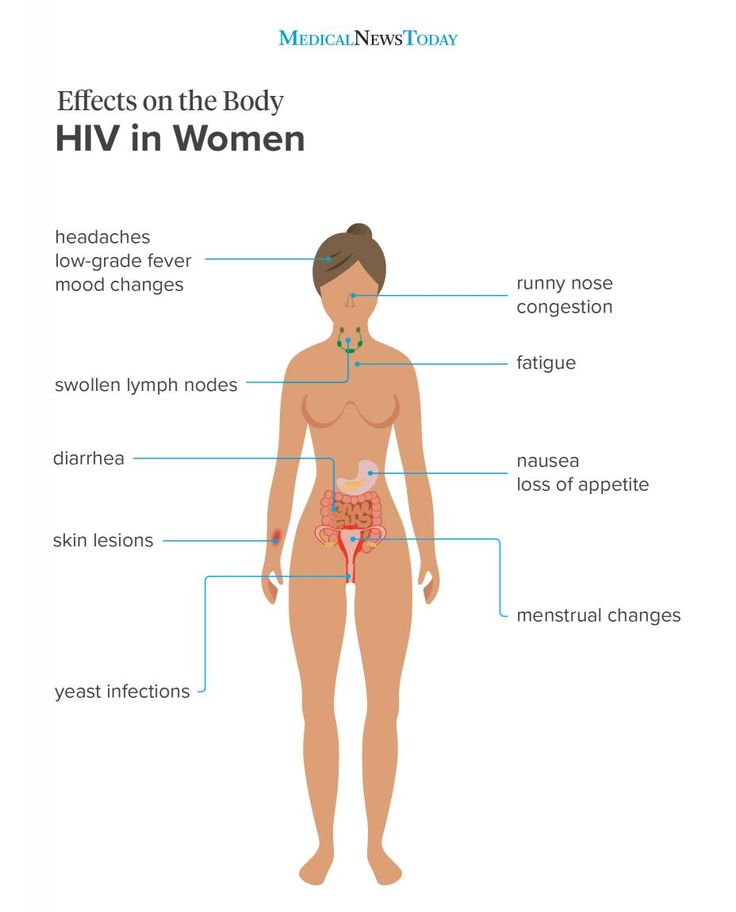 Your loved ones may feel comforted by your support and reach out to you first whenever they experience difficulty.
Your loved ones may feel comforted by your support and reach out to you first whenever they experience difficulty.
Caring deeply can make it hard to tell people when you approach the point of being overwhelmed. But it’s important to find a balance. Without boundaries, unchecked kindness and sensitivity can pave the way for “emotion dumps” that may be too much for you to handle at once.
Empaths may also be more vulnerable to manipulation or toxic behaviors. Your earnest desire to help people in distress can leave you unaware of signs of toxicity.
You may have a deeper understanding of the pain fueling their behavior and want to offer support. But it’s important to remember you can’t do much for someone who isn’t ready to change.
An empath’s increased sensitivity doesn’t just relate to emotions. There’s a lot of overlap between empaths and people who are highly sensitive, and you might find that you’re also more sensitive to the world around you.
This could mean:
- Fragrances and odors affect you more strongly.
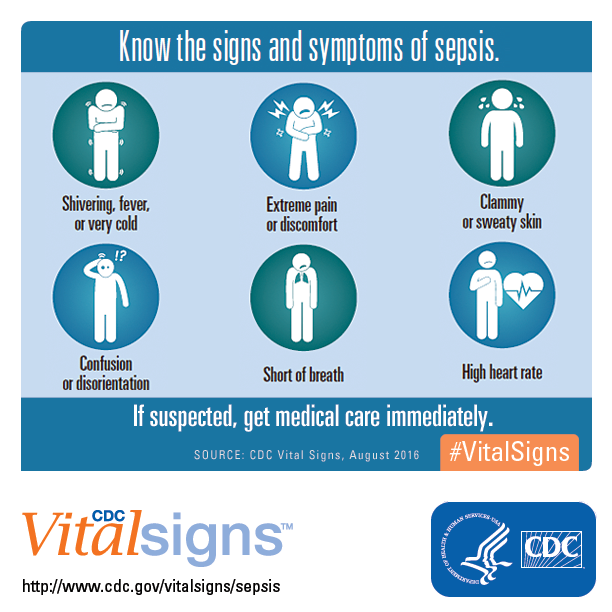
- Jarring sounds and physical sensations may affect you more strongly.
- You prefer to listen to media at low volumes or get information by reading.
- Certain sounds may trigger an emotional response.
It should be noted that covert narcissists, also known as vulnerable narcissists, are also highly sensitive. They may appear to be empaths to manipulate others.
“Heightened sensitivity to other people’s pain can be draining, so empaths may find themselves easily fatigued,” Sueskind says.
Even an overload of positive feelings might exhaust you, so it’s important to take the time you need to reset.
If you can’t escape overwhelming emotions and rest your senses, you’re more likely to experience burnout, which can have a negative impact on well-being.
Needing time alone doesn’t necessarily mean you’re an introvert. Empaths can also be extroverts, or fall anywhere on the spectrum. Maybe people energize you — until you reach that point of being overwhelmed.
Extroverted empaths may need to take extra care to strike the right balance between spending time with others and restoring their emotional reserves.
If you’re an empath, you likely dread or actively avoid conflict.
Higher sensitivity can make it easier for someone to hurt your feelings. Even offhand remarks might cut more deeply, and you may take criticism more personally.
Arguments and fights can also cause more distress since you’re not only dealing with your own feelings and reactions. You’re also absorbing the emotions of the others involved. When you want to address everyone’s hurt but don’t know how, even minor disagreements can become harder to cope with.
Despite being highly attuned to the feelings of others, many empaths find it difficult to relate to others.
Others might not understand why you become exhausted and stressed so quickly. You might struggle to understand the emotions and feelings you absorb or feel like you aren’t “normal.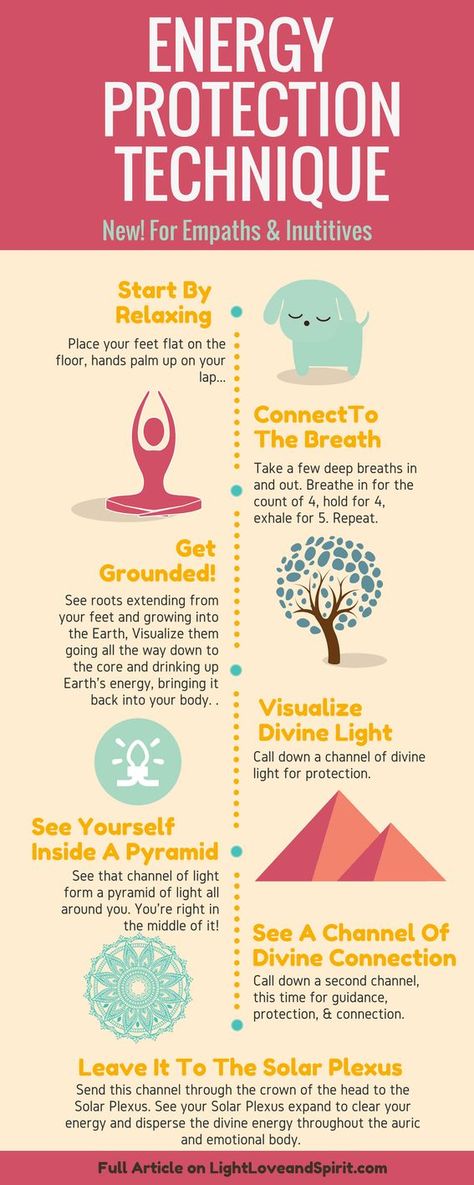 ” This may lead you to become more private. You might avoid talking about your sensitivities and sharing your intuitions so you feel less out of place.
” This may lead you to become more private. You might avoid talking about your sensitivities and sharing your intuitions so you feel less out of place.
It’s never easy to feel like you don’t belong, but try to see your ability to deeply empathize with others as something special. It may not be common, but it’s an important part of who you are.
Isolation can help empaths recover from overwhelm, so completely shutting out the world may seem healing. But prolonged isolation can take a toll on mental health.
There are different types of isolation, and some may offer more restorative benefits than others. Try taking your time alone outdoors when possible and meditate in a quiet park, walk in the rain, take a scenic drive, or garden.
Boundaries are important in all relationships.
If you’re an empath, you may struggle to turn off the ability to feel and find it impossible to stop giving, even when you have no energy left. You might believe boundaries suggest you don’t care about your loved ones when the exact opposite is true.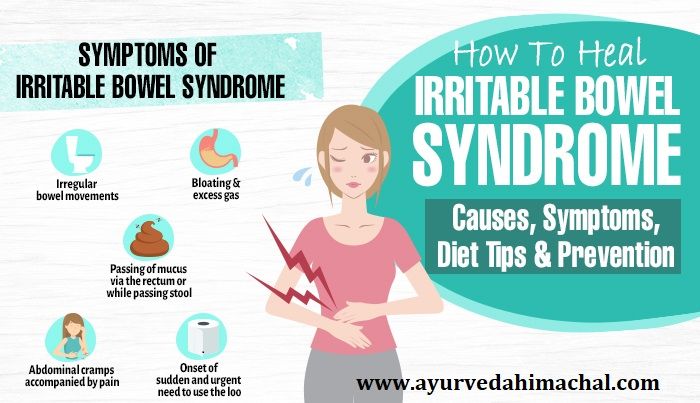
Because the experiences of others have such an intense impact on empaths, boundaries become even more essential. They help you set limits around words or actions that may affect you negatively, allowing you to get your own needs met.
When you start to feel unable to decipher your emotions from those of others, it may be time to explore healthy boundary setting with a therapist.
Deeper emotional understanding can drive your intuition, and you likely pick up on things other people miss or make connections that aren’t clear to anyone else.
But this increased connection to the world can also have drawbacks. Environments that don’t provide much space for emotional expression can dampen your creativity and sensitivity, Egel says, leaving you disinterested, disengaged, and struggling to thrive.
It can be difficult for empaths to protect themselves from taking on other people’s emotions, Sueskind says.
Good self-care practices and healthy boundaries can help insulate you, particularly from negative emotions and energy.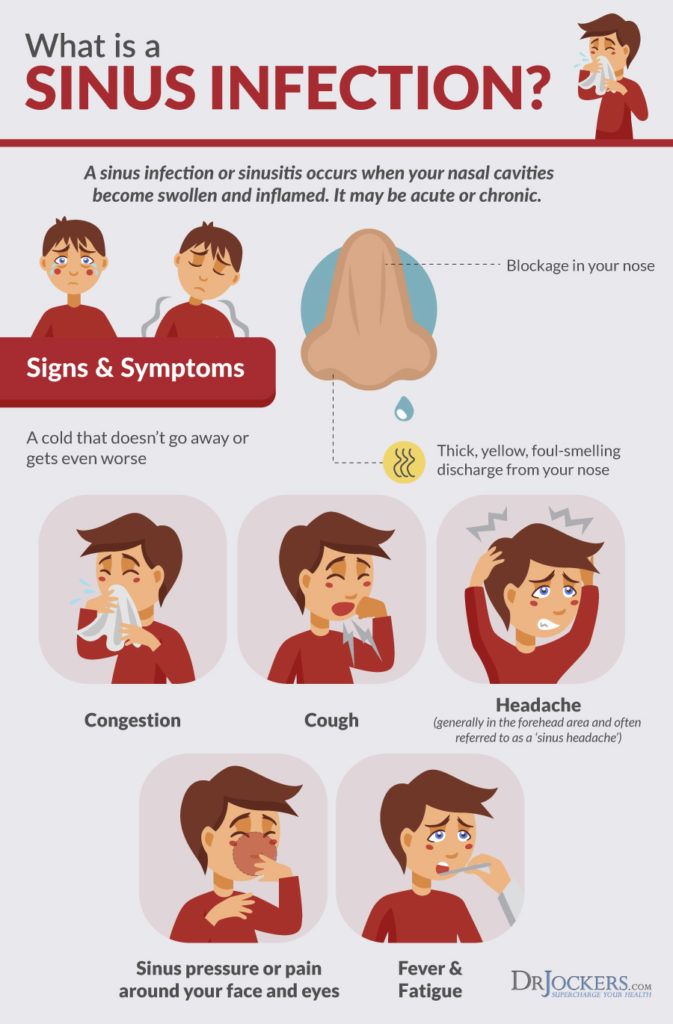 But the emotional “noise” of the world can cause significant distress when you lack the tools to manage it.
But the emotional “noise” of the world can cause significant distress when you lack the tools to manage it.
There are different types of empaths, including emotional, physical, and intuitive empaths.
Emotional empath
This type of empath is highly sensitive to the emotions of other people.
For example, when another person is sad or happy, an emotional empath also becomes sad or happy.
Physical empath
Physical empaths are very sensitive to the pain and illnesses of others.
They may even experience empathic illnesses or symptoms that are not actually their own.
Intuitive empath
People who are intuitive empaths are extremely perceptive.
Although there is no scientific evidence to support it, intuitive empaths may believe they are psychic or telepathic. Some may think they are able to communicate with plants and animals.
If you are an empath, setting healthy, clear boundaries can help reduce distress, Egel suggests. “You must know how to preserve yourself so you don’t get your energy and emotional reserves swallowed up,” she says.
You can also try taking some of the following steps to help protect your psyche:
- If people drain you easily, consider adding a pet to your life. Empaths may connect to animals more intensely and draw deep comfort from this bond.
- If you’re struggling to manage overstimulation on your own, and it affects your quality of life or keeps you from relationships and other personal goals, a therapist can help you learn to develop boundaries and identify helpful self-care approaches.
- To emotionally decompress, take frequent short breaks during the day to meditate, go for a walk, or do another stress-reducing activity.
- Build your sense of self awareness by paying attention to your own feelings and the characteristics defining you.
- Try to maintain a positive outlook. Avoid negative people and negativity in general.
- Boost your self esteem by repeating positive affirmations.
Remember, your needs and emotions are just as important as the ones you pick up in everyone around you.
The following are some of the pros and cons of being an empath:
| Pros | Cons |
| You sense when someone needs help. | You may often feel emotionally exhausted |
| You help others by providing emotional support. | You may spend more time focused on others rather than yourself |
| Because of your strong intuition, you may not easily be taken advantage of or tricked. | Other people may be put off by your intuition |
Crystal Raypole has previously worked as a writer and editor for GoodTherapy. Her fields of interest include Asian languages and literature, Japanese translation, cooking, natural sciences, sex positivity, and mental health. In particular, she’s committed to helping decrease stigma around mental health issues.
what empathy really is
Some empathize with their hearts, others with their heads, and some hardly feel other people.
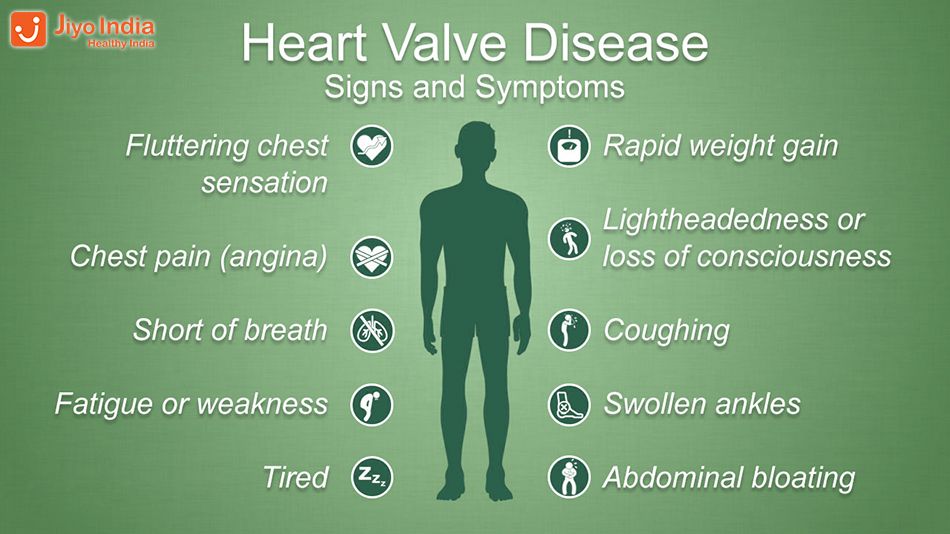 Why is this happening? Is empathy a gift, or is it an acquired skill? How to understand that you are an empath? We understand the phenomenon of empathy, its signs and types.
Why is this happening? Is empathy a gift, or is it an acquired skill? How to understand that you are an empath? We understand the phenomenon of empathy, its signs and types. Not given to everyone?
Empathy - conscious empathy with the emotional state of other people, the ability to recognize the emotions and feelings of others and express compassion. This process is ensured by the work of mirror neurons, which are located in the cerebral cortex and allow "reflecting" the emotional behavior of others. For example, if someone nearby fell and hurt himself, the observer's anterior cingulate cortex and insular lobe (brain regions associated with pain) are excited. The ability to empathize helps to feel ownership of what is happening to oneself and to others.
Empathic people are able to respond to the feelings of other people, empathize with them, and also be aware of their own emotions
The level of empathy is completely different for everyone.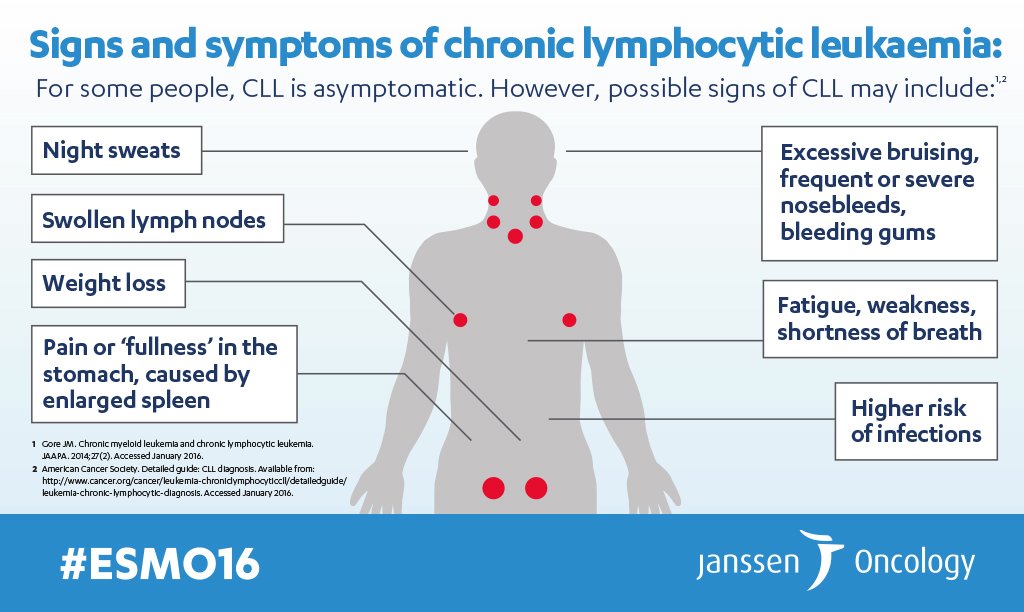 And sometimes this skill, at first glance, seems to be completely absent. But this is not entirely true: its manifestation is simply indirect, and a person suppresses his feelings. A more serious obstacle to the development of this ability are mental illnesses: narcissistic personality disorders (such a person is focused exclusively on himself, and considers others as a means), psychopathy, autism.
And sometimes this skill, at first glance, seems to be completely absent. But this is not entirely true: its manifestation is simply indirect, and a person suppresses his feelings. A more serious obstacle to the development of this ability are mental illnesses: narcissistic personality disorders (such a person is focused exclusively on himself, and considers others as a means), psychopathy, autism.
Empathy can be either innate or acquired. Scientists from the University of Cambridge came to this conclusion. They did a study with genetic testing company 23andMe. They took DNA samples from 46,000 of their clients and asked them to complete a questionnaire that measured their level of empathy. After that, these data were compared with genetic data.
Empathy is 10% genetic, while the other 90% is acquired.
Signs of empathy
-
You instantly read the emotional state of a person, even if you have not spoken to him.
-
You begin to experience the same emotions that the person next to you (for example, cry, laugh, feel pain).

-
You recognize lies.
-
You have mood swings that depend on how others feel.
-
You intuitively understand how to help another person: both in physical actions and in moral support.
-
You sincerely want to help and don't expect anything in return.
-
After talking to a lot of people, you feel empty.
Types of empathy
Emotional empathy
This type of empathy means that you can immediately put yourself in the place of another person and feel the same as him. You are able to immerse yourself deeply in the experiences of the people around you and experience the same pain, even if it was previously unfamiliar to you. However, control yourself and do not forget about personal boundaries, otherwise you may injure yourself.
Cognitive empathy
Empathy happens at the cognitive level - you see that a person is worried and strive to understand the reasons. People with cognitive empathy are able to objectively analyze the situation and find a way out of it. That is, it is not just emotional empathy, but also concrete help.
People with cognitive empathy are able to objectively analyze the situation and find a way out of it. That is, it is not just emotional empathy, but also concrete help.
Predicative empathy
You not only feel a person at the moment, but you can also predict how he will feel in time and what factors may affect this. You even predict people's reactions to certain actions.
Lyubov Karas
Tags
#Psychology
#Erudition
8 Signs that you are empatted
326 967
To know yourself
,We admire the empathetic ability, when we meet on the screen or on the screen or on the screen or on pages of the book, but do not see the reverse side of this personality trait. If you do not know how to control this gift (most do not), things do not look so rosy.
Empaths are naturally sensitive to the emotions of others. They don't just understand them, they literally feel the same, says writer Aimee Cartier.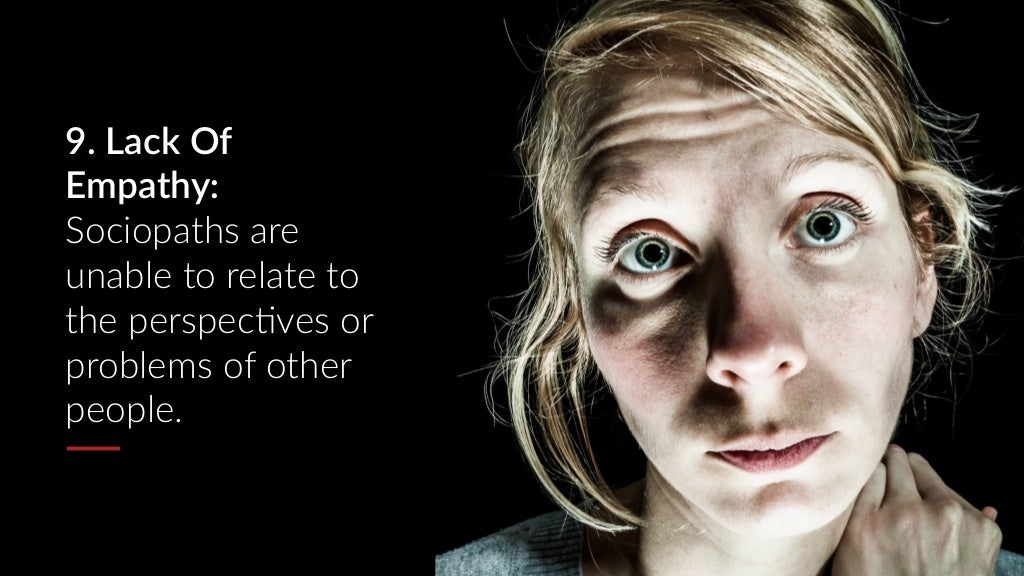 An empath is a walking receiver attuned to emotional information. As soon as he catches something, he begins to broadcast it himself, even if he does not want to. An unempathetic person, when faced with someone who is hurting, will say, “Looks like he really had a bad day.” An empathetic person will think, “For some reason, I felt bad.”
An empath is a walking receiver attuned to emotional information. As soon as he catches something, he begins to broadcast it himself, even if he does not want to. An unempathetic person, when faced with someone who is hurting, will say, “Looks like he really had a bad day.” An empathetic person will think, “For some reason, I felt bad.”
Typically, empaths can't figure out what makes them feel bad. The emotion that they are now experiencing does not belong to them: the receiver tuned in to someone else's wave. The stronger it is, the more influence it has on his condition. She may even block his feelings.
Many are unaware of their abilities. They seem to collect other people's emotions, and then experience them as their own. In this situation, it is difficult to understand that emotions came from outside. Empaths feel the slightest change in the emotional environment, notice what the average person would not pay attention to, and react with their essence.
Is there any signs that can help distinguish an empath from someone who is simply attentive to the emotions of others? The following signs will help you understand if you have this gift and what to do if this term is directly related to you.
You are characterized by severe mood swings, which directly depend on how others feel
1. You instantly read the emotional state of a person, even if you have not talked to him and know nothing about him. If someone is laughing or crying nearby, you feel the urge to do the same.
2. Being unable to control the gift, you feel physical exhaustion in the crowd.
3. You always understand that someone is lying and why he is doing it.
4. Sometimes you just feel that you need to stay away from a person, and vice versa, that you can trust him.
5. It's easy to confuse you because you perceive someone else's attitude as your own. It is difficult for you to single out among the many opinions the one that was originally yours.
6. You have severe mood swings that depend on how others feel. This applies not only to emotions, but also to the mood of society as a whole. When something global happens: a collapse of the currency market, a large-scale catastrophe, you literally feel it with your skin.